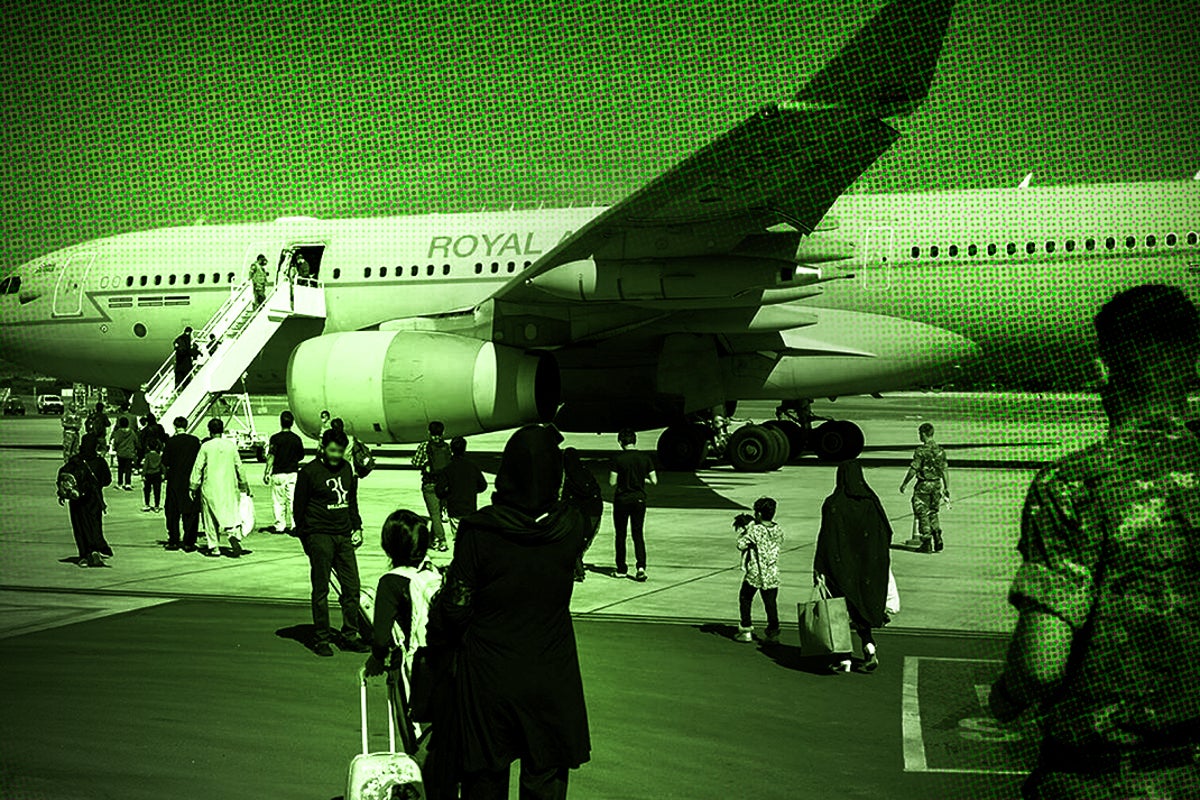Days after the launch of the EU’s entry-exit system (EES), controversial questions posed to passengers leaving London St Pancras International on Eurostar trains have been dropped.
Under the digital borders scheme, “third-country nationals” such as the British travelling to the European Union and wider Schengen area are photographed and fingerprinted at the frontier. In the case of Eurostar, as well as the LeShuttle car-carrying operation from Folkestone and the Port of Dover, formalities take place while on British soil.
Forty-nine entry-exit system kiosks have been installed at St Pancras station for passengers to register their details. Initially they were programmed to ask four “admissibility” questions. The traveller is expected to have:
- Return ticket.
- Sufficient funds.
- Booked accommodation.
- Medical insurance.
The first two are “Schengen questions” that apply to all prospective third-country nationals. But the second two are specific conditions imposed by France. While the rules are not new, they have largely be dormant for years.
Eurostar passengers answering truthfully that they did not meet these conditions – for example that they were planning to book a room once in France, or they were relying on the UK Global Health Insurance Card (Ghic) – were then liable to be more closely questioned by frontier police.
There were concerns that long delays could quickly build up, and that some travellers might be turned away.
But a top executive at the Channel Tunnel train operator has revealed that the French authorities have yielded to pressure and agreed to drop the questions during the roll-out.
Simon Lejeune, chief stations and safety officer for Eurostar, told the House of Lords Justice and Home Affairs Committee: “We know those questions have caused significant confusion, particularly within the kiosk process.
“We’re very pleased that, through discussions with the French ministry and our colleagues, it’s been agreed that those questions can be technically removed from the kiosks during the initial six-month introduction phase of the new system.”
Mr Lejeune described the French interpretation and implementation of the Schengen requirements as "quite strict”.
He added: “A sense of pragmatism is returning. The questioning is becoming less systematic and more targeted, which is a positive development.”
Currently only a few passengers are being selected for entry-exit system formalities at London St Pancras International and Paris Gare du Nord. They are not using the kiosks, but are being assessed by individual officers who have fingerprint panels and cameras fitted to their work stations.
Mr Lejeune said: “I was observing transaction times of 50 seconds. That’s for the full biometrics, as well as the passport check and the stamping for EES-eligible passengers.
“So quite encouraging, and that’s without the kiosks that do that pre-registration, which we’ll be introducing over the next few weeks.”
The French questions apply even for passengers stepping aboard trains to Brussels and Amsterdam that do not stop in France.
No “Schengen questions” are being asked at Eurotunnel terminal in Folkestone.
The Independent has asked the Port of Dover whether travellers face questions as part of the EES procedure.
The minister for Border Security and Asylum has said there are no plans to introduce fingerprinting for routine arrivals to the UK.
Alex Norris told The Independent’s daily travel podcast: “We’re confident in our system and don’t anticipate major changes.”
Listen to the latest podcast on entry-exit system, featuring the UK’s borders minister

.jpeg)









.jpg?trim=0,0,0,0&width=1200&height=800&crop=1200:800)














.jpeg)













 English (US) ·
English (US) ·